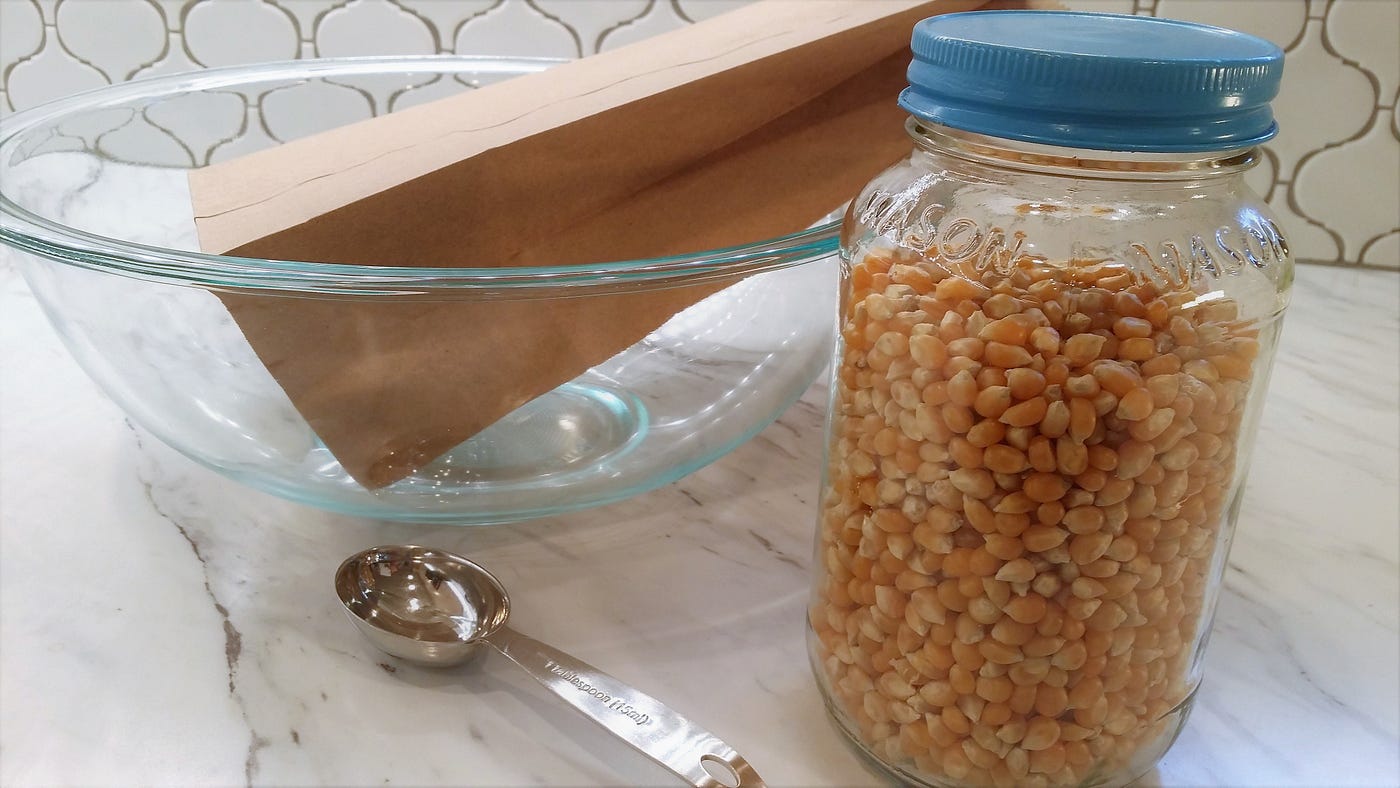

Articles
How To Store Popcorn Kernels
Modified: December 7, 2023
Discover the best way to store popcorn kernels with our informative articles. Keep your kernels fresh and ready for popping!
(Many of the links in this article redirect to a specific reviewed product. Your purchase of these products through affiliate links helps to generate commission for Storables.com, at no extra cost. Learn more)
Introduction
Welcome to the world of popcorn kernels! Whether you enjoy a bowl of buttery, fluffy popcorn at the movies or prefer to pop your own at home, one thing is certain – proper storage of popcorn kernels is essential to maintain their freshness and taste.
Have you ever reached for a bag of popcorn kernels only to find that they are stale, chewy, or have lost their popping power? This disappointing experience is often the result of improper storage. Just like any other food item, popcorn kernels require specific conditions to stay fresh and delicious for an extended period.
In this article, we will discuss the importance of storing popcorn kernels correctly and provide you with tips on how to achieve optimal storage conditions. From choosing the right container to controlling temperature and humidity, we will cover everything you need to know to preserve the quality of your popcorn kernels.
So, let's dive in and explore the best practices for storing popcorn kernels, ensuring that you always have the perfect snack to enjoy during movie nights or any time you crave that delightful crunch!
Key Takeaways:
- Proper storage of popcorn kernels is crucial to maintain their freshness, taste, and popping ability. Choose airtight containers, control temperature and humidity, and avoid common mistakes to enjoy delicious, fluffy popcorn for longer.
- Avoiding exposure to air, moisture, sunlight, and heat is essential for preserving the quality of popcorn kernels. Use suitable containers, control storage conditions, and follow recommended guidelines to ensure a delightful popcorn experience.
Read more: How To Store Popcorn Kernels Long Term
Why Proper Storage is Important for Popcorn Kernels
Proper storage of popcorn kernels is crucial to maintain their quality, taste, and most importantly, their popping ability. Here are a few reasons why storing popcorn kernels correctly is essential:
- Prolongs Shelf Life: Popcorn kernels, like any other food product, have a limited shelf life. However, by storing them properly, you can extend their freshness and quality. This means you can enjoy delicious, fluffy popcorn for a longer period.
- Maintains Taste and Texture: Popcorn kernels can easily absorb odors and flavors from their surroundings. By storing them in the right conditions, you can prevent them from becoming stale or acquiring any undesirable tastes. This ensures you get the best possible flavor and texture when you pop them.
- Preserves Popping Power: The most important characteristic of popcorn kernels is their ability to pop. When stored improperly, the kernels can lose their moisture content, resulting in weak or incomplete popping. By storing them correctly, you can ensure that the kernels retain their moisture, allowing them to pop into fluffy, delicious pieces of popcorn.
- Saves Money: Properly storing popcorn kernels prevents them from spoiling or going to waste. This not only saves you money in terms of wasted food but also eliminates the need to constantly replenish your popcorn supply. By following the right storage practices, you can make your popcorn kernels last longer, saving you trips to the grocery store.
Now that we understand the importance of proper storage, let’s move on to the next section and explore how to choose the right container for storing popcorn kernels.
Choosing the Right Container
When it comes to storing popcorn kernels, selecting the right container is crucial. The container you choose should be able to protect the kernels from moisture, air, light, and any potential contamination. Here are a few factors to consider when choosing a container:
- Airtight: Look for containers that have airtight seals to prevent air from entering and moisture from escaping. This will help maintain the freshness and moisture content of the popcorn kernels.
- Durable: Opt for containers made of strong and durable materials that can withstand any potential impacts or mishandling. Glass, plastic, or metal containers with sturdy lids are great options for storing popcorn kernels.
- Size: Consider the quantity of popcorn kernels you plan to store. Choose a container that is large enough to accommodate your needs, but not too big that it leaves excess air space inside. Excess air can lead to faster staleness and loss of popping ability.
- Opaque: Light can cause popcorn kernels to deteriorate and lose their quality. Select containers that are opaque or have a dark-colored design to block out light and protect the kernels from exposure.
One option that meets all these criteria is a mason jar. Mason jars are sturdy, airtight, and available in various sizes. They provide excellent protection against moisture, air, and light, making them ideal for popcorn kernel storage.
Once you have chosen the right container, it’s time to focus on creating the ideal storage conditions to maintain the quality of your popcorn kernels. In the next section, we will explore the ideal conditions for popcorn kernel storage.
Ideal Conditions for Popcorn Kernel Storage
To ensure the longevity and freshness of popcorn kernels, it is essential to create and maintain the ideal storage conditions. Here are the key factors to consider:
- Cool and Dry Environment: Popcorn kernels should be stored in a cool, dry place. Avoid areas with high humidity or temperature fluctuations, such as near the stove or refrigerator. Excessive heat and moisture can lead to spoilage, loss of popping ability, and the growth of mold and bacteria.
- Temperature: The ideal temperature for popcorn kernel storage is between 50°F (10°C) and 70°F (21°C). Keep in mind that extreme heat or cold can impact the quality of the kernels. Maintaining a stable temperature will help preserve their moisture content and prevent them from becoming too dry or prone to moisture absorption.
- Away from Sunlight: Sunlight exposure can lead to heat buildup and affect the quality of popcorn kernels. Store them in a dark place, away from direct sunlight or any other strong light sources that may cause damage.
- Avoid Freezing: While it is important to keep popcorn kernels cool, freezing them is not recommended. The freezing and thawing process can cause moisture condensation, which can negatively impact the popping ability and texture of the kernels.
- Stable Humidity: High humidity can cause popcorn kernels to absorb moisture, leading to premature popping or loss of popping ability. Aim for a relative humidity level of around 50-70% to prevent moisture-related issues.
By following these guidelines and creating an environment that meets the ideal conditions, you can significantly extend the shelf life and maintain the top-quality of your popcorn kernels.
In the next section, we will explore specific measures to keep moisture at bay and prevent exposure to air, two critical factors for proper popcorn kernel storage.
Keeping Moisture at Bay
Moisture is one of the biggest enemies of popcorn kernels, as it can lead to spoilage, loss of popping ability, and the growth of mold or bacteria. Here are some measures to keep moisture at bay when storing popcorn kernels:
- Use Desiccant Packs: Desiccant packs, often found in food packaging, can help absorb excess moisture and keep it away from the popcorn kernels. You can place a couple of desiccant packs inside the storage container to maintain a dry environment.
- Avoid Storing in the Refrigerator: While refrigeration is commonly used for storing certain foods, it is not suitable for popcorn kernels. The cold temperature and moisture in the refrigerator can cause the kernels to become damp and lose their popping ability.
- Keep Containers Sealed: Make sure the storage container is tightly sealed to prevent any moisture from entering. Check the container regularly for any signs of leaks or damaged seals and replace if necessary.
- Remove Air from Storage Bags: If you choose to store popcorn kernels in bags, try to remove as much air as possible before sealing. Air contains moisture, and minimizing its presence can help keep the kernels dry.
- Avoid Condensation: If you are transferring popcorn kernels from a warm area to a cooler storage place, allow the kernels to come to room temperature before sealing the container. This prevents condensation from forming inside, which can lead to moisture accumulation.
By implementing these measures and actively preventing moisture from reaching the popcorn kernels, you can ensure their freshness and popping quality for a longer period.
Next, let’s explore how to prevent exposure to air, another factor to consider when storing popcorn kernels.
Read more: How To Store Corn Kernels
Preventing Exposure to Air
Exposure to air can lead to the oxidation and staleness of popcorn kernels. To maintain their freshness and popping ability, it is important to prevent air from coming into contact with the kernels. Here are some strategies to prevent exposure to air when storing popcorn kernels:
- Choose Airtight Containers: As mentioned earlier, select containers with secure airtight seals. This will create a barrier that prevents air from entering and reaching the popcorn kernels.
- Avoid Open Bags: If you purchase popcorn kernels in bags, it is best to transfer them to airtight containers rather than leaving them in the open bags. The bags may not offer sufficient protection against air exposure.
- Do Not Overfill Containers: When storing popcorn kernels, leave some room in the container to minimize the amount of air trapped inside. Overfilling the container can lead to excess air, increasing the chances of exposure.
- Re-Seal Packages: If you only use a portion of the popcorn kernels from a larger package, make sure to re-seal it tightly to prevent air from entering. Consider using a clip or sealing tape to ensure a secure closure.
- Avoid Repetitive Opening: Each time you open the container, air can enter and affect the quality of the kernels. Try to minimize the frequency of opening the container unless necessary.
By implementing these measures, you can effectively protect your popcorn kernels from exposure to air, helping to maintain their freshness and preserving their popping abilities.
Next, we will discuss the impact of temperature on popcorn kernel storage and how to control it to ensure optimal quality.
Store popcorn kernels in an airtight container in a cool, dry place, away from moisture and heat. This will help maintain their freshness and prevent them from becoming stale.
Temperature and Its Impact on Popcorn Kernel Storage
Temperature plays a crucial role in the storage of popcorn kernels, as it can significantly impact their quality and popping ability. Here’s what you need to know about temperature and its impact:
1. Moisture Content: Popcorn kernels should be stored in a cool and dry environment. High temperatures can cause the kernels to lose their moisture content, resulting in dry and tough popcorn. On the other hand, excessively low temperatures can lead to moisture condensation, affecting the popping quality.
2. Popping Ability: Proper temperature control is vital to ensure that popcorn kernels pop effectively. Extreme heat can dry out the kernels, making them less likely to pop or resulting in incomplete popping. Conversely, storing the kernels at too low temperatures can make them harder to pop and result in unpopped kernels.
3. Flavor Preservation: Temperature fluctuations can impact the flavor of popcorn kernels. Exposure to high temperatures can cause the oils inside the kernels to go rancid, affecting the taste. Storing the kernels in a stable temperature environment helps preserve their natural flavor.
4. Longevity: Proper temperature control helps extend the shelf life of popcorn kernels. Storing them at consistent, cool temperatures slows down the process of spoilage and helps maintain their freshness for a longer period.
It is recommended to store popcorn kernels at a temperature between 50°F (10°C) and 70°F (21°C). Avoid placing them near sources of heat, such as stoves or appliances, as well as areas prone to temperature fluctuations, such as near windows or vents.
By maintaining the appropriate temperature range, you can ensure the quality, popping ability, and flavor of your popcorn kernels.
In the next section, we will discuss the importance of avoiding sunlight and heat when storing popcorn kernels.
Avoiding Sunlight and Heat
When it comes to storing popcorn kernels, it is crucial to protect them from sunlight and excessive heat. Here are the reasons why avoiding sunlight and heat is important:
1. Prevention of Heat Buildup: Exposure to direct sunlight can cause the temperature inside the storage container to rise significantly. This heat buildup can lead to the drying out and deterioration of the popcorn kernels.
2. Preservation of Moisture Content: Sunlight and heat can accelerate moisture evaporation from popcorn kernels, causing them to become dry, stale, and less likely to pop properly.
3. Prevention of Flavor Degradation: Prolonged exposure to sunlight and heat can cause the oils in the popcorn kernels to go rancid. This can result in an unpleasant taste and affect the overall enjoyment of the popcorn.
To avoid sunlight and heat damage, follow these practices:
- Choose a Dark Storage Location: Store your popcorn kernels in a cool, dark area such as a pantry or cupboard away from windows or direct sources of light.
- Use Opaque Storage Containers: Opt for opaque containers that block out light to prevent any exposure to sunlight. Mason jars with dark lids or metal containers are great options.
- Avoid Proximity to Heat Sources: Ensure that the storage area is away from heat-generating appliances, such as ovens, stovetops, or radiators. Heat exposure can quickly cause the temperature inside the container to rise.
By implementing these measures, you can preserve the quality, moisture content, and flavor of your popcorn kernels, ensuring they are always fresh and ready for popping.
In the next section, we will discuss the role of humidity in popcorn kernel storage and how to control it effectively.
The Role of Humidity in Storage
Humidity, or the amount of moisture in the air, plays a significant role in the storage of popcorn kernels. Here’s why humidity is important and how it can affect your kernels:
1. Moisture Absorption: Popcorn kernels are hygroscopic, which means they can easily absorb moisture from the surrounding environment. High humidity levels can lead to the absorption of excess moisture, causing the kernels to become damp, lose their popping ability, and potentially spoil.
2. Premature Popping: Excessive humidity can cause the popcorn kernels to pop prematurely or become partially popped, resulting in an unsatisfying eating experience.
3. Mold and Bacterial Growth: Humid conditions create an ideal environment for the growth of mold and bacteria. If popcorn kernels are exposed to high humidity for an extended period, they can become a breeding ground for harmful microorganisms.
To control humidity for popcorn kernel storage, follow these tips:
- Relative Humidity: Maintain a relative humidity level between 50% and 70% in the storage area. This range is optimal for keeping popcorn kernels fresh while minimizing the risk of moisture absorption or mold growth.
- Use Dehumidifiers: If you live in a particularly humid climate, consider using a dehumidifier in the storage area to reduce excess moisture in the air. This can help create a more suitable environment for the popcorn kernels.
- Keep Containers Sealed: Ensure that the storage containers are properly sealed to prevent moisture from entering. This will help maintain the desired moisture content of the kernels and prevent them from absorbing excess humidity.
By controlling the humidity levels and taking necessary precautions, you can preserve the quality, texture, and popping ability of your popcorn kernels.
In the next section, we will discuss the length of storage and the shelf life of popcorn kernels.
Read more: How To Store Popcorn
Length of Storage and Shelf Life
The length of storage and the shelf life of popcorn kernels can vary depending on various factors, including storage conditions and the initial quality of the kernels. Here are some important points to consider:
1. Freshness: Popcorn kernels are best when consumed within a reasonable timeframe after purchase. While they will not spoil quickly, the kernels may lose their freshness, resulting in a less flavorful and less satisfying popcorn experience.
2. Recommended Shelf Life: On average, unopened popcorn kernels can have a shelf life of 1-2 years if stored in proper conditions. However, it is important to check the expiration or best-by date on the packaging, as different brands may have specific recommendations.
3. Storage Conditions: Proper storage conditions, including temperature, moisture control, and protection from light and air, are crucial for maintaining the quality and shelf life of popcorn kernels. Following the storage guidelines mentioned earlier in this article will help extend their shelf life.
4. Packaging: The type of packaging plays a role in the shelf life of popcorn kernels. While some kernels come in resealable containers or bags, others may require transferring to airtight containers for better storage.
5. Quality Check: Even though popcorn kernels may still be safe to consume beyond their recommended shelf life, it is important to conduct a quality check before popping them. Look for any signs of spoilage, such as an off smell, mold, or insect infestation. If in doubt, it is best to discard them.
It is worth noting that once popcorn kernels are exposed to heat and moisture, their shelf life can significantly decrease. Therefore, it is crucial to store them properly to maintain their quality and ensure the best popcorn popping experience.
By following the recommended storage practices and paying attention to the shelf life, you can enjoy delicious and fresh popcorn for an extended period.
In the next section, we will discuss some common mistakes to avoid when storing popcorn kernels.
Common Mistakes to Avoid
When it comes to storing popcorn kernels, there are some common mistakes that people often make. Avoiding these mistakes will help ensure that your kernels stay fresh, flavorful, and ready to pop. Here are some common mistakes to avoid:
- Improper Storage Containers: Using unsuitable containers that are not airtight can allow air, moisture, and light to reach the kernels, resulting in decreased freshness and popping ability. Choose airtight containers that are designed specifically for food storage.
- Exposure to Light: Allowing popcorn kernels to be exposed to sunlight or other strong light sources can cause them to become stale and affect their flavor. Store them in a dark place, away from direct light.
- Failure to Control Temperature and Humidity: Extreme temperature and humidity conditions can impact the quality and shelf life of popcorn kernels. Avoid storing them in areas with high heat or humidity, such as near the stove or in the refrigerator.
- Transferring to Containers Too Early: Many people are eager to transfer the kernels to a fancy container, but it is important to ensure that they are completely cool and dry before doing so. Warm or moist kernels can lead to condensation inside the container, accelerating spoilage.
- Ignoring Expiration Dates: While popcorn kernels have a relatively long shelf life, it is essential to check the expiration or best-by date on the packaging. Using kernels past their recommended date may result in a less-than-ideal popping experience.
- Storing Near Strong Odors: Popcorn kernels can easily absorb strong odors from their surroundings. Avoid storing them near strong-smelling substances, such as spices, cleaning products, or onions, to prevent flavor contamination.
- Not Using Desiccant Packs: Desiccant packs help absorb excess moisture and keep the kernels dry. Including desiccant packs in your storage containers can help prolong the shelf life and maintain the quality of the popcorn kernels.
By avoiding these common mistakes and implementing proper storage practices, you can maximize the freshness, flavor, and popping ability of your popcorn kernels.
Finally, let’s wrap up our discussion on storing popcorn kernels.
Conclusion
Proper storage of popcorn kernels is essential to maintain their freshness, taste, and popping ability. Avoiding common mistakes and following the right storage practices will ensure that your popcorn kernels are always ready to be transformed into fluffy, delicious snacks.
Choose airtight containers that protect the kernels from air, moisture, light, and strong odors. Mason jars or other opaque containers are ideal options. Ensure that the storage environment is cool, dry, and away from sunlight and heat sources. Controlling temperature and humidity levels is crucial for preserving the quality of the kernels and preventing spoilage.
Remember to check the expiration or best-by dates on the packaging of the popcorn kernels and conduct a quality check before popping. Avoid storing them near strong-smelling substances and use desiccant packs to absorb excess moisture.
By following these guidelines and avoiding common storage mistakes, you can enjoy delicious, fluffy popcorn for a longer shelf life. So, the next time you crave that irresistible crunch, you can be confident that your properly stored popcorn kernels will deliver the perfect snack experience.
Now, go ahead and apply these storage tips to keep your popcorn kernels fresh and flavorful, and enjoy the delightful taste and aroma of homemade popcorn!
Frequently Asked Questions about How To Store Popcorn Kernels
Was this page helpful?
At Storables.com, we guarantee accurate and reliable information. Our content, validated by Expert Board Contributors, is crafted following stringent Editorial Policies. We're committed to providing you with well-researched, expert-backed insights for all your informational needs.
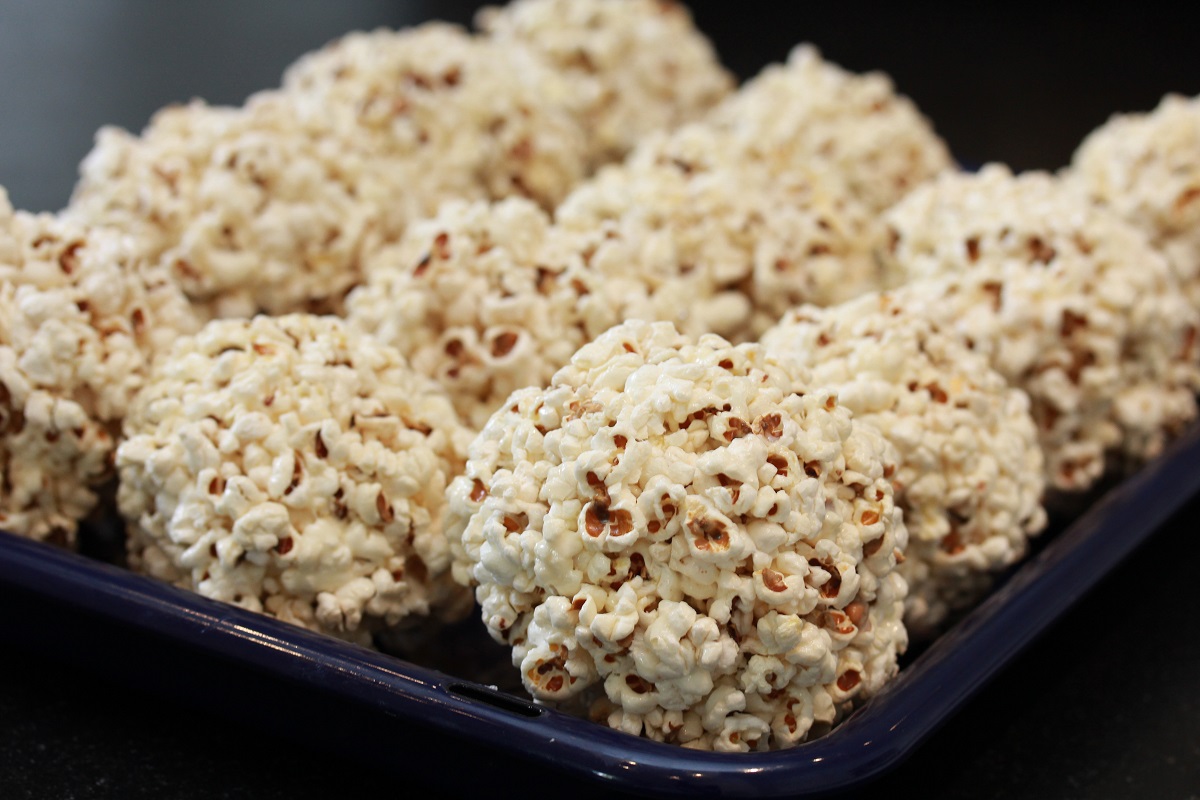

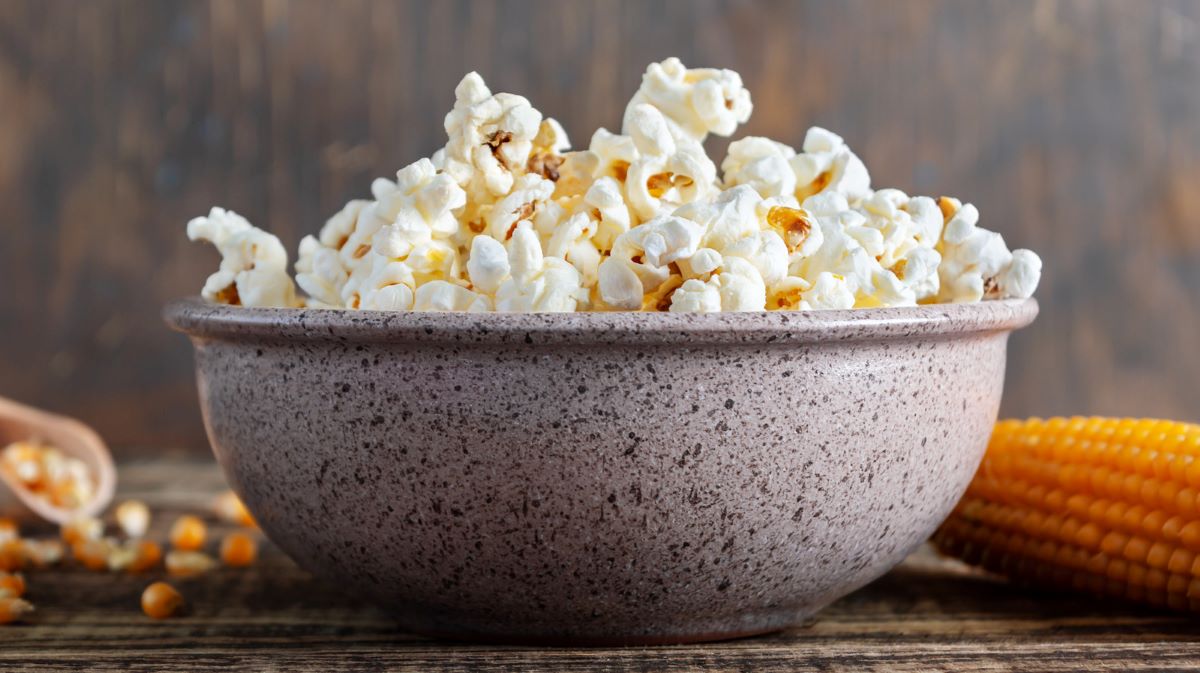
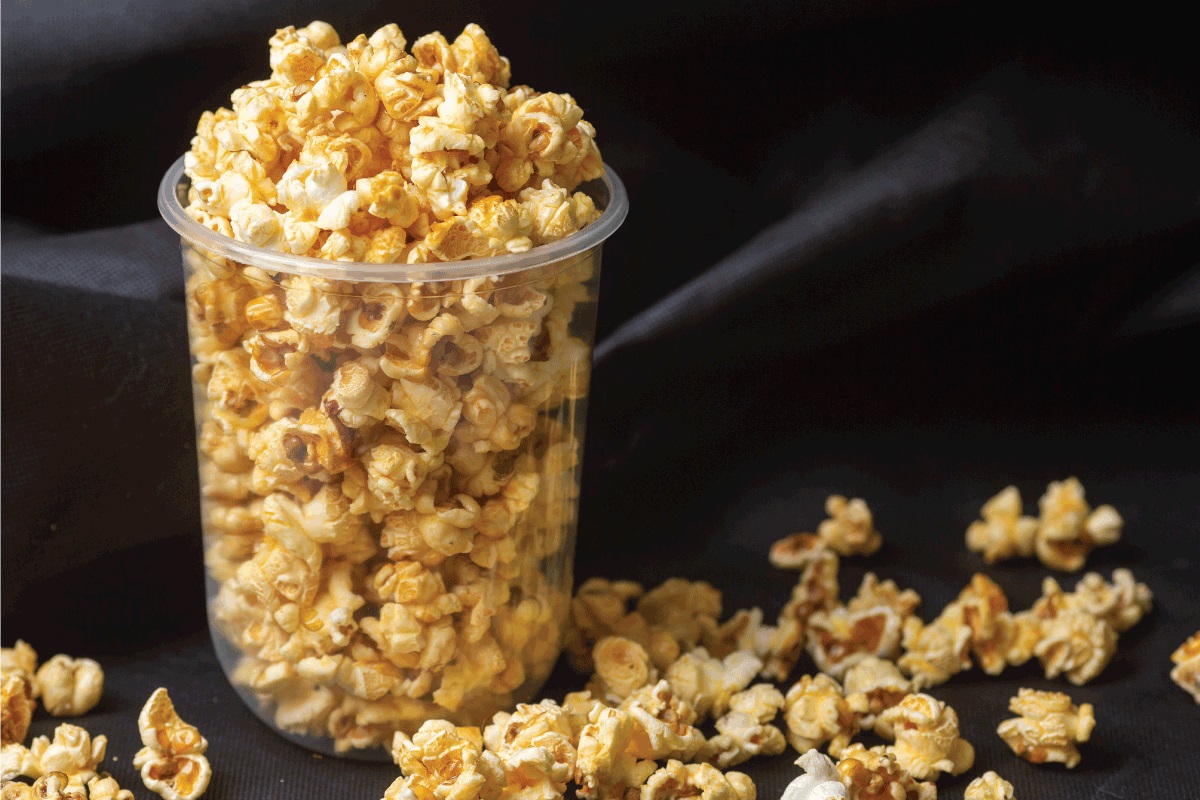
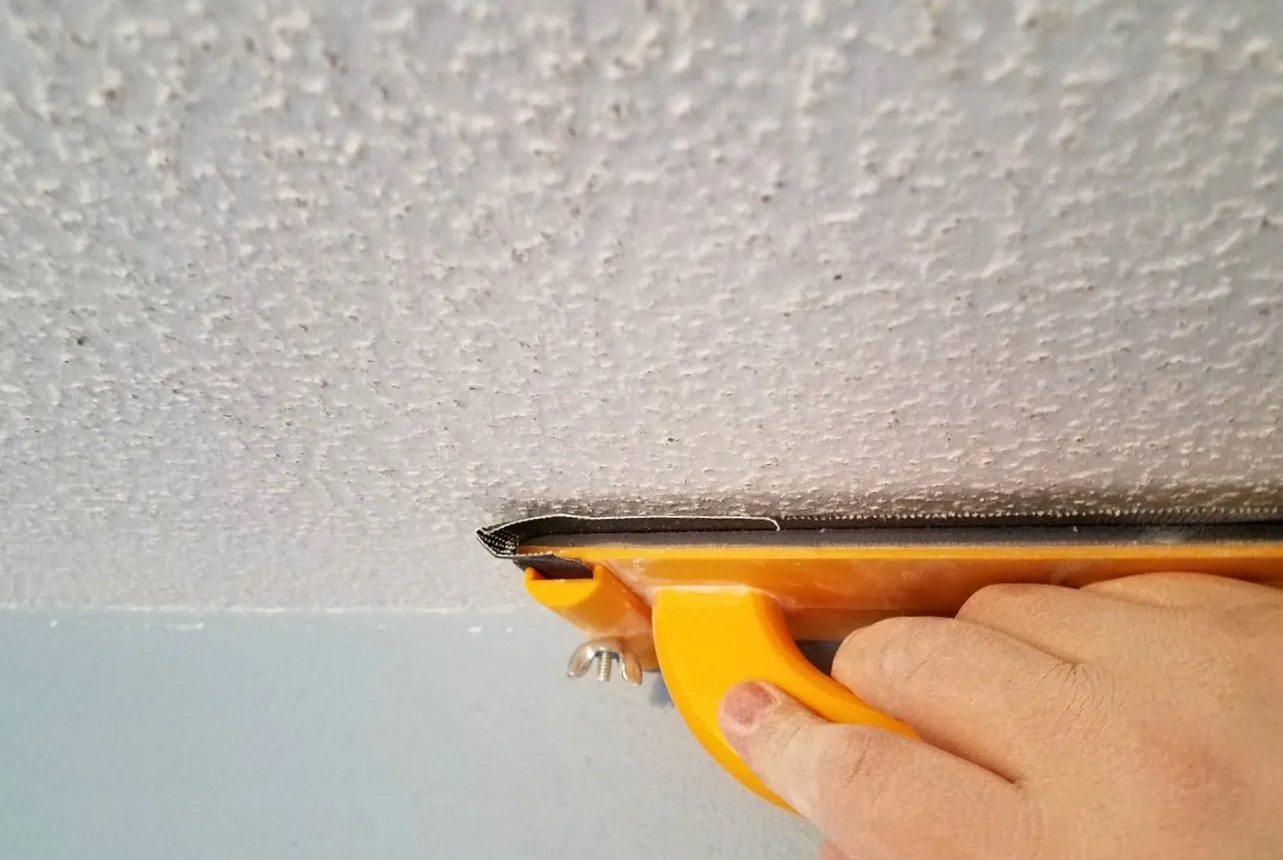
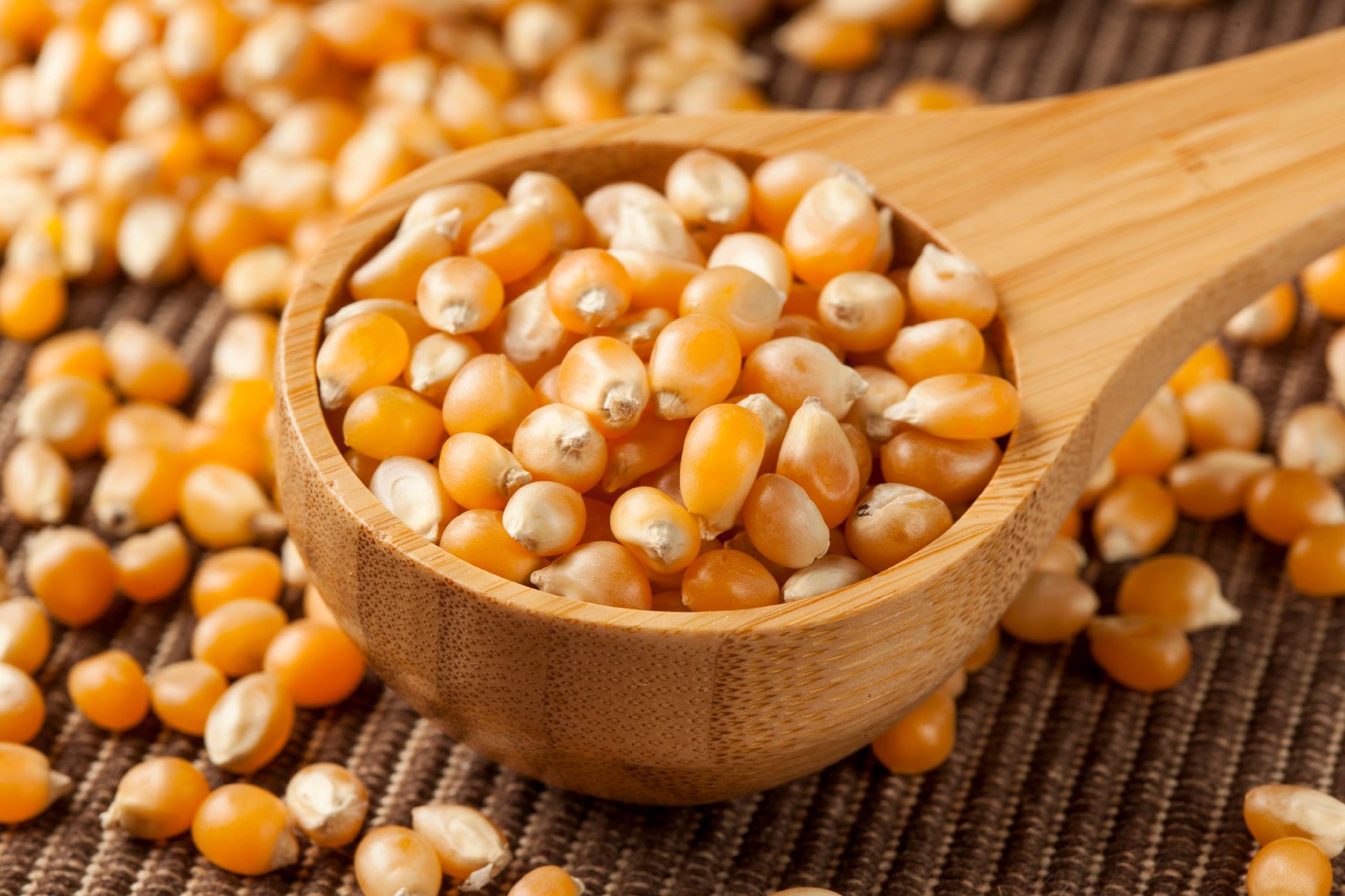
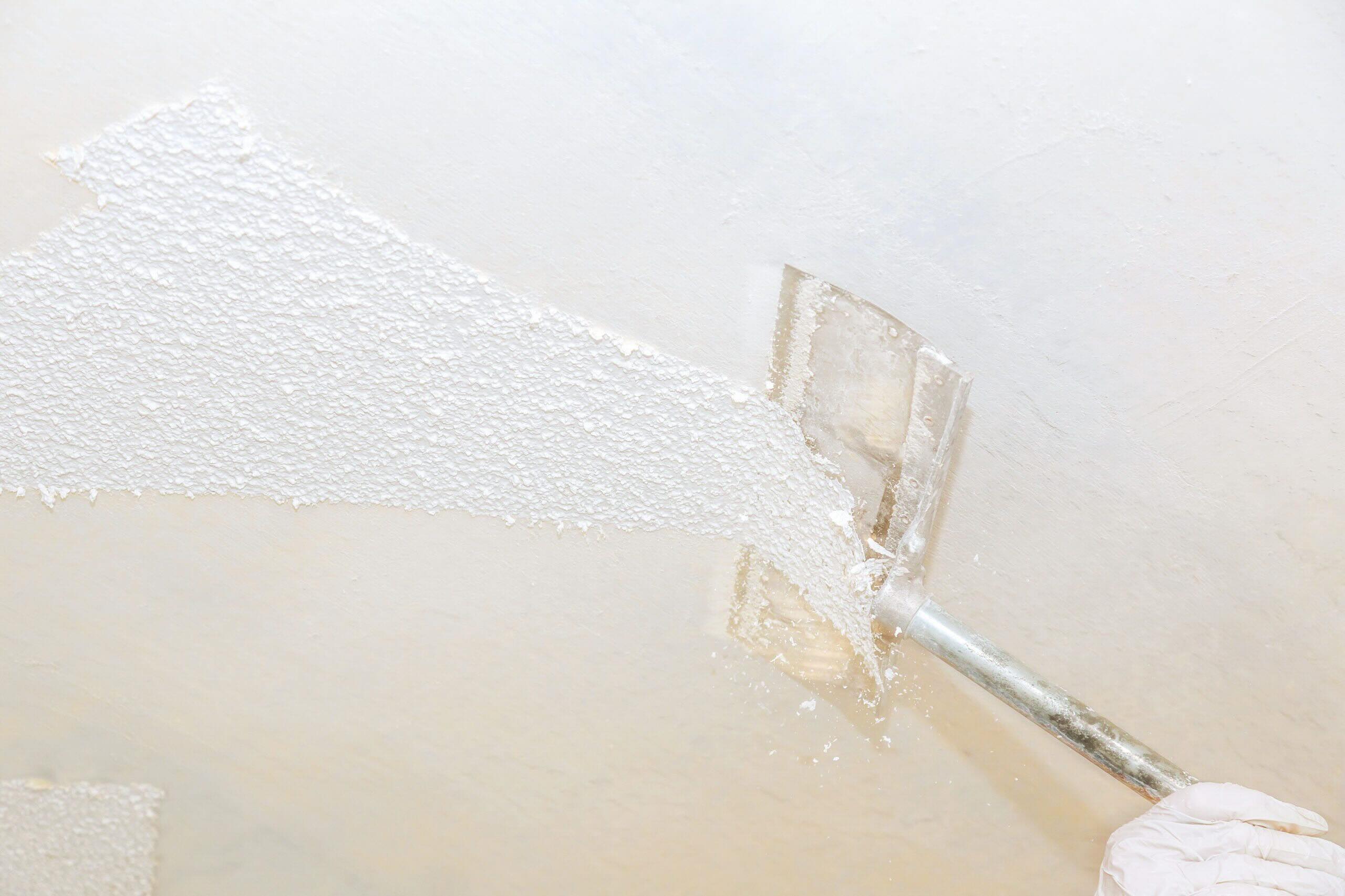
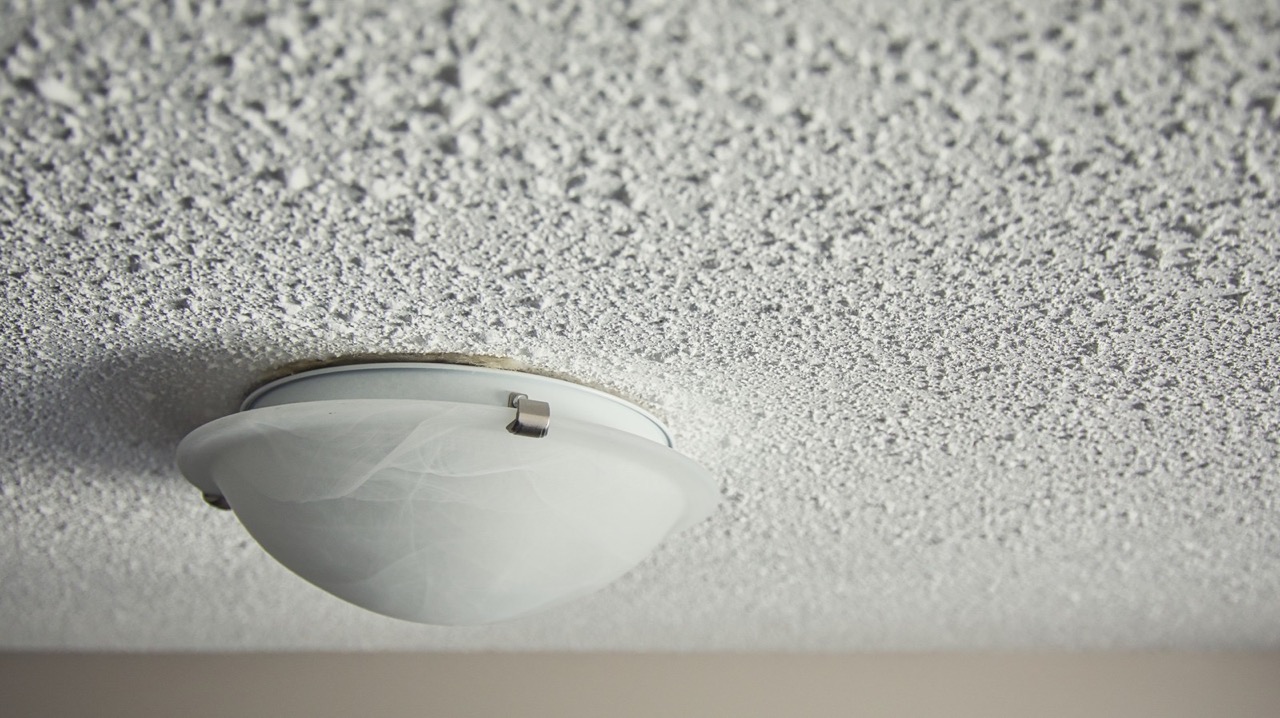
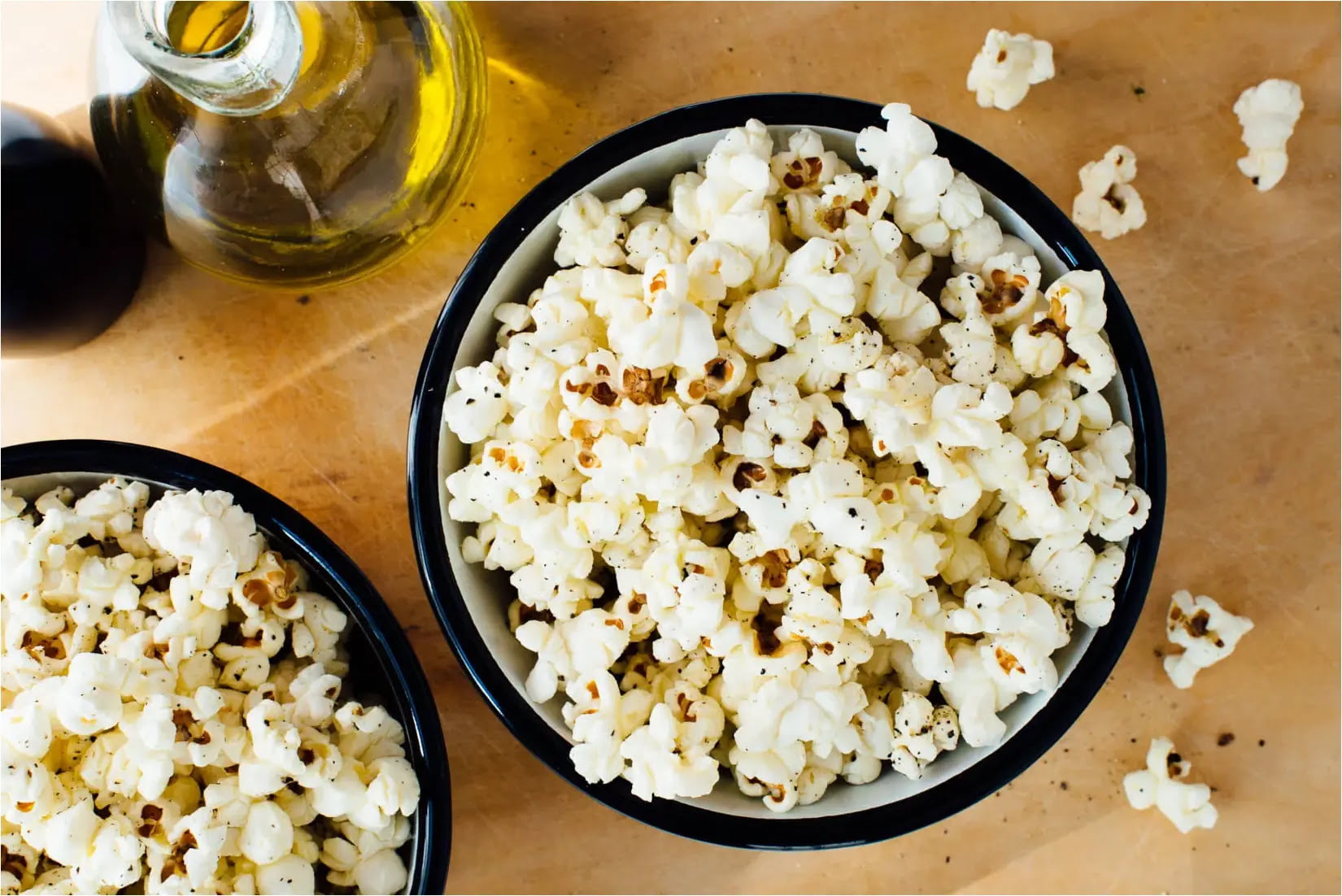
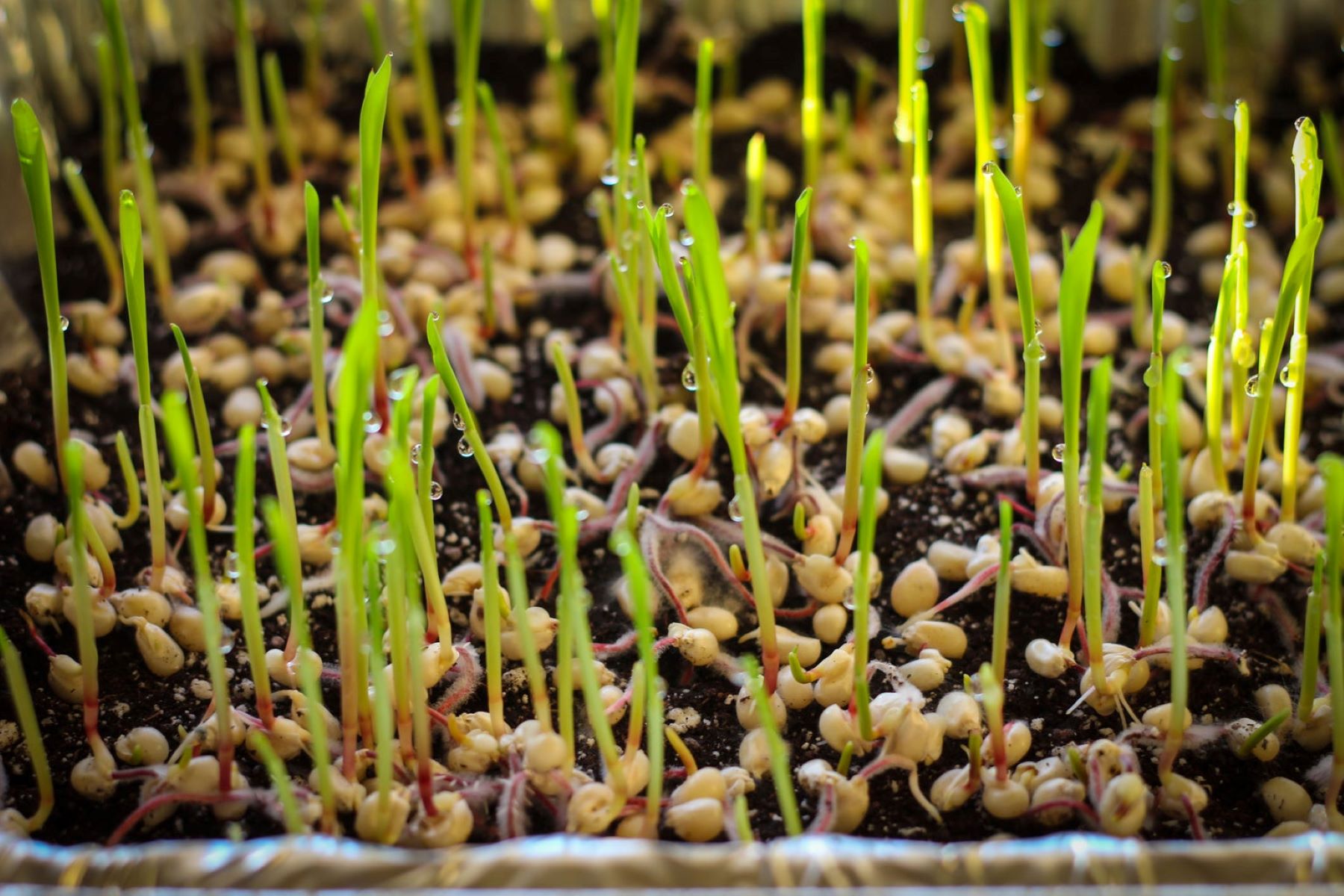

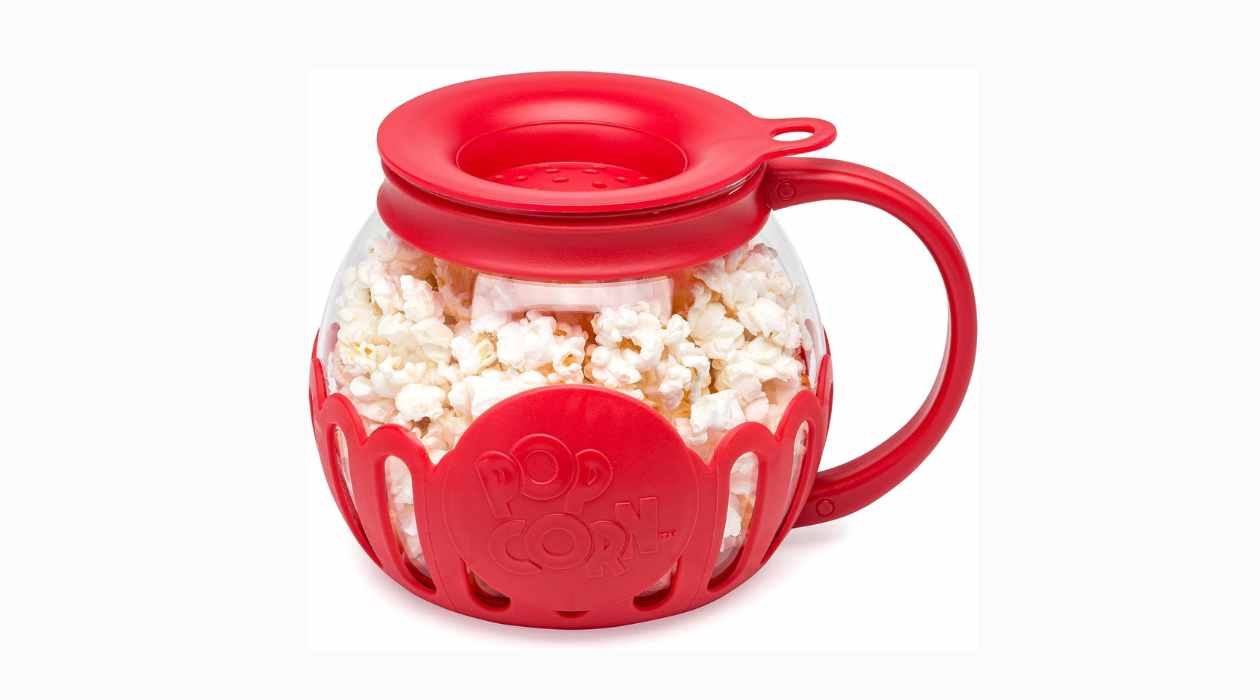
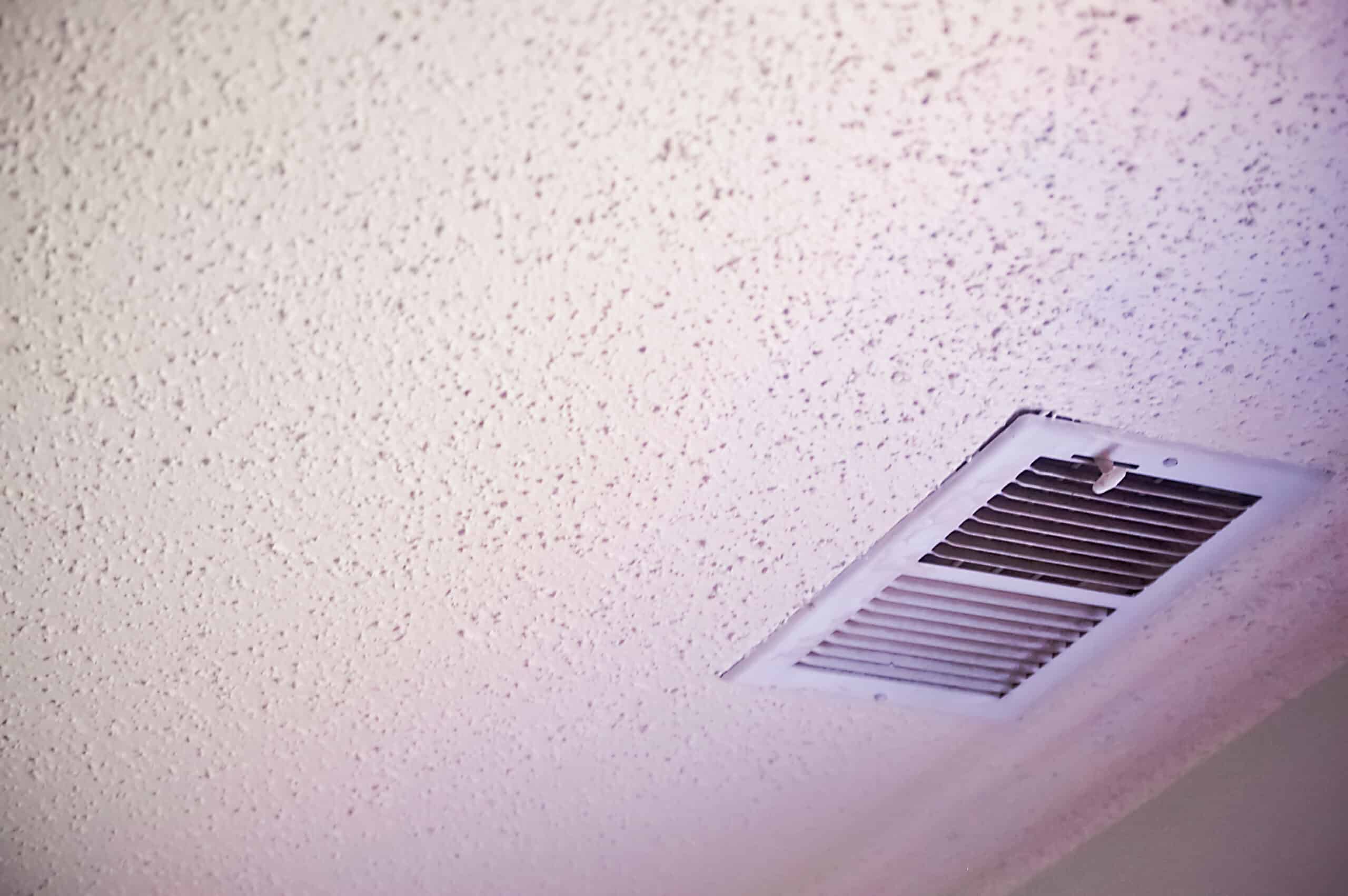

0 thoughts on “How To Store Popcorn Kernels”